Dubbed “the high priestess of French lady wisdom” by USA Today, the New York-based -but quintessentially French- Mireille Guiliano (67) gave up a successful career at luxury group LVMH in 2004 to publish French Women Don’t Get Fat, an immediate bestseller which reached No 1 in the New York times List and was translated in 39 countries. More has success followed since with other books extolling the virtues of French women’s lifestyle. Her latest, French Women Don’t Get Facelifts: The Secret of Aging with Style & Attitude, offers non-nonsense advice on how to look after oneself while enjoying life’s pleasures. Chic-Londres met with the delightful Mireille on her latest visit to London this January, to talk diet (or lack of), style and why she won’t have Botox.
What made you give up a successful career at Veuve Clicquot to write books? It all happened by chance, really. I often gave fashion and nutrition advice to my friends and one husband whose wife I helped suggested I should write a book. He put me in touch with an agent, who loved the idea and found a publisher straight away. For a few months, I combined writing with managing Veuve Clicquot in the states but quickly realised I couldn’t do both, so decided to switch career and concentrate on writing.
What aspects of writing do you enjoy most? I love the process in itself -putting thoughts into paper- as well as the promotional trips that follow, because it gives me a chance to meet my readers and get their reactions first hand. I realise that what I write is nothing revolutionary and may not be of much use to a sophisticated Londoner, Parisian or New Yorker woman. However, it seems to really help some women who might not have otherwise access to this type of advice, and I’m happy when they tell me how much joy it brings them.
Are your books successful in France? Well, I never thought that French women would be much interested in reading some nutritional advice dispensed by another French living in New York so my first book was clearly targeted towards the American and British markets. However, to my surprise, it was also a best seller in France: I believe it has a certain nostalgic appeal to French women who for example remember how they learnt how to dress or cook from their mother or grandmother and therefore can identify with what I write.
You quote Diana Vreeland, the legendary editor of Harpers Bazaar, who once said that “to have style, you have to be born in Paris”: do you think this still applies at a time when fashion has gone global? The French exception might not be what it once was, but Paris remains the ultimate point of reference when it comes to elegance. Heels were invented at the French court of Louis XIV, and while that might just be an anecdote, the fact is that historical heritage still plays a huge part in our cultural making. French mothers also play a big role in transmitting a certain style to their daughters, which is not necessarily true in English speaking countries. Also French women like dressing up not just to seduce but also because it makes them feel good about themselves. You’ll be hard pressed to find a Parisian, even a very wealthy one, who owns 300 pairs of shoes, as you do in New York. As a rule, French women favour the quality of cuts and materials over the quantity of garments they own, and therefore are rarely slaves to trends.
In which way does the French approach to food differ from the British or American ones? The latter do eat a lot of ready meals, which are extremely detrimental to their health. In France, while culinary traditions might be slowly disappearing too, food is still very much something to enjoy, which means that many people still take the time to cook and savour what’s on their plate. An American takes between eight and 12 minutes on average to eat his meal, while a French will take a minimum of 30. We definitely consider food as a pleasure, and as a rule don’t deprive ourselves but don’t make too many excesses either: on the whole, it’s a more healthy and enjoyable approach.
And as for their respective relation to ageing? Once again, I’d lie if i said that France is immune to procedures such as Botox or fillers, but they’re not as prominent as in the States, Brazil or China. Personally, I see them as a kind of drugs because once you start, it’s difficult to stop. Also, I’m very wary of the long term consequences of such injections and in doubt, don’t think they’re worth the risk. At last, France doesn’t idolise youth as much as in other countries. A mature woman is considered as very seductive, because she has an experience and confidence that only comes with age.
What are your main advice to live well and age well? Prevention is key, so look after yourselves from as early as possible. Choose a physical activity that you really enjoy, be it cycling, yoga, swimming: but no point going to the gym if you hate it. Simple things like walking 20 minutes per day or walking up the stairs rather than taking the lift make a huge difference long term. Learn some cooking basics, so you’re in charge of what you put inside your body and I can’t give enough praise to oysters, by far the best food any woman can have. Do take some time to relax, especially if you work hard- have a massage, a manicure or take a long bath-as it’s important to look after yourselves. Create your own trademark -through a particular scent, a certain type of glasses, or by wearing hats regularly for example: whatever it is, it’s important to single yourself and have your own style: it doesn’t matter if you make mistakes, that’s how you learn. And don’t forget that you don’t need expensive clothes to look stylish, because what really matters is not what you wear but how you wear it: it’s all in the attitude!

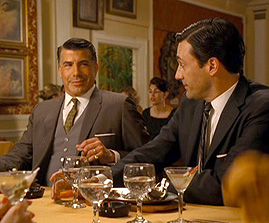
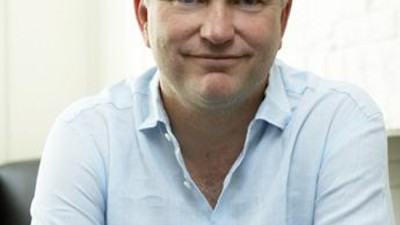


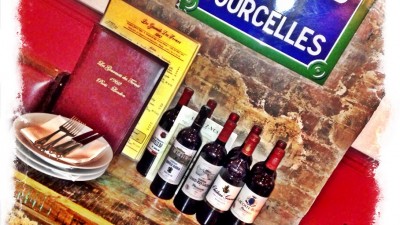
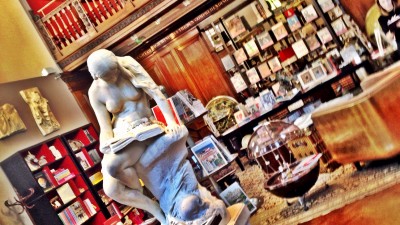
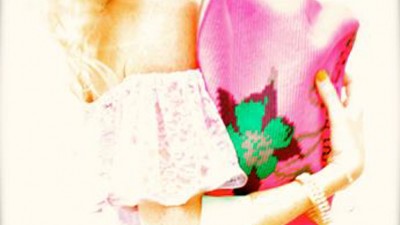
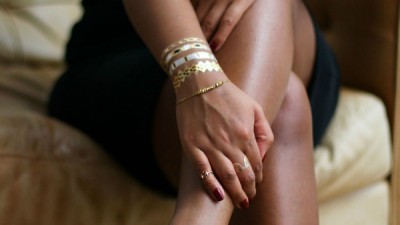

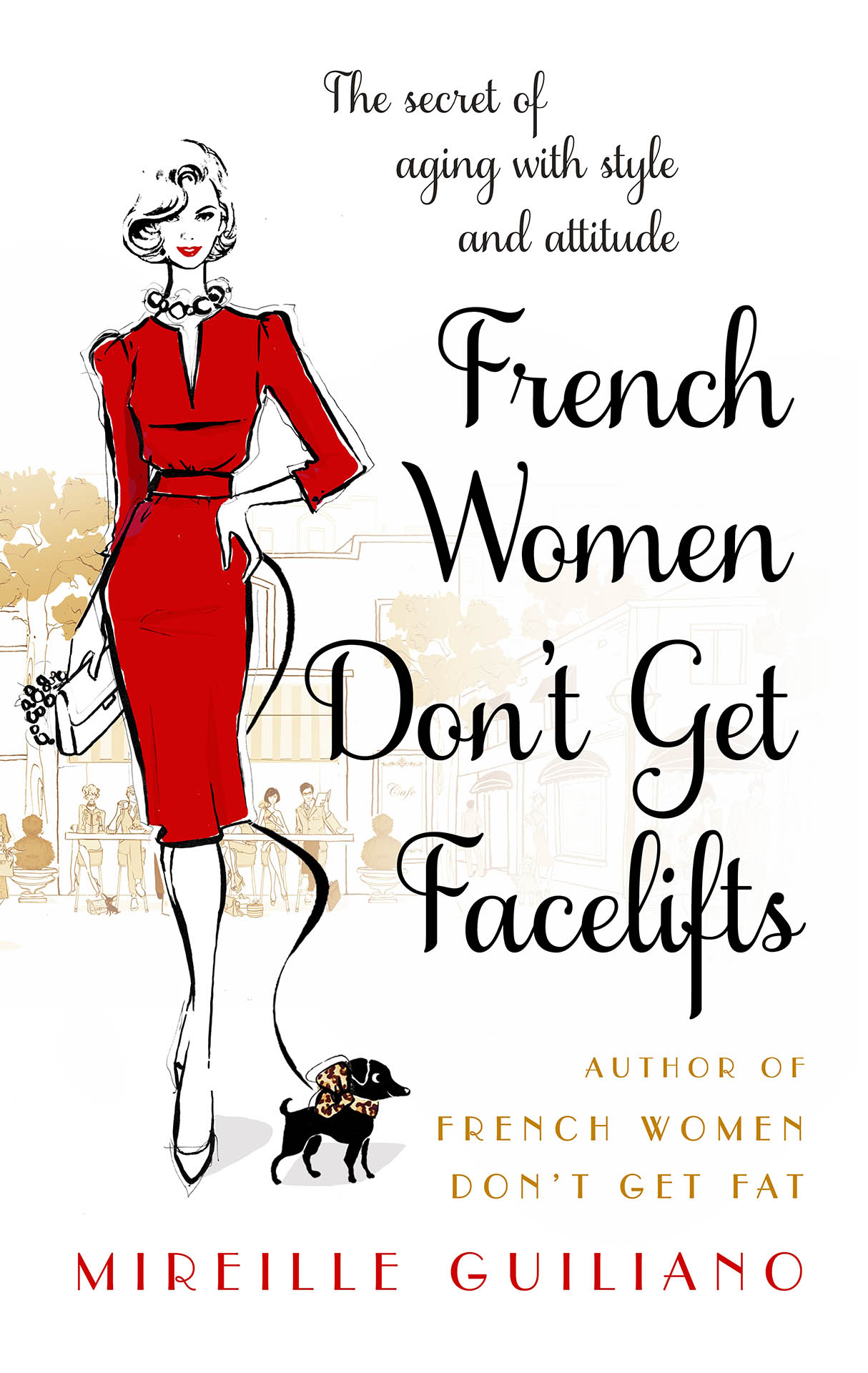
Comments